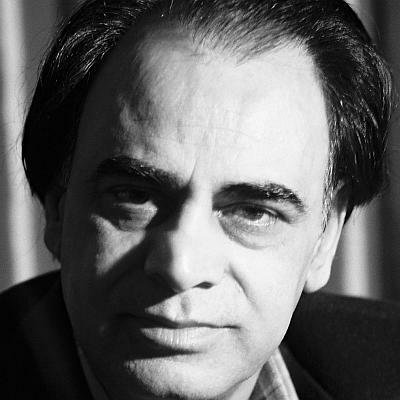becoming a self in history, becoming a self in my street |
||
 Ziauddin SardarZiauddin Sardar was born in Pakistan. He came to live in Hackney in the late 1950’s, where he grew up and went to school. A writer, broadcaster and cultural critic, he is one of the commissioners for the Equality and Human Rights Commission. Though he has written numerous books on many subjects, he explores his identity as a British Asian in Balti Britain. Written in the wake of the bombings of the Twin Towers and the London Tube, the book demonstrates Ziauddin’s urgent quest to find a subtle and true analysis of identity in the face of too many crude stereotypes regarding difference in Britain. This subtle analysis entailed complete truthfulness and led him to acknowledge both positive and painful aspects of his and his family’s history as well as the history of Britain, its empire and our present democracy with all its flaws and potential. His life includes deep experiences of two cultures which both contain the fruits and flaws of ancient traditions and modernity. His exploration leads to a hopeful conclusion that demands that we acknowledge our interdependence and find the courage to know what to hold onto and what to give over to transformation. The book ends with the following words:
The last words of the book, which describe the reality of a multicultural Britain are: ‘The best is yet to be.’
References to works mentioned are on the references page.
| ||
prev |
home • the stories • comment • events • contact | next |